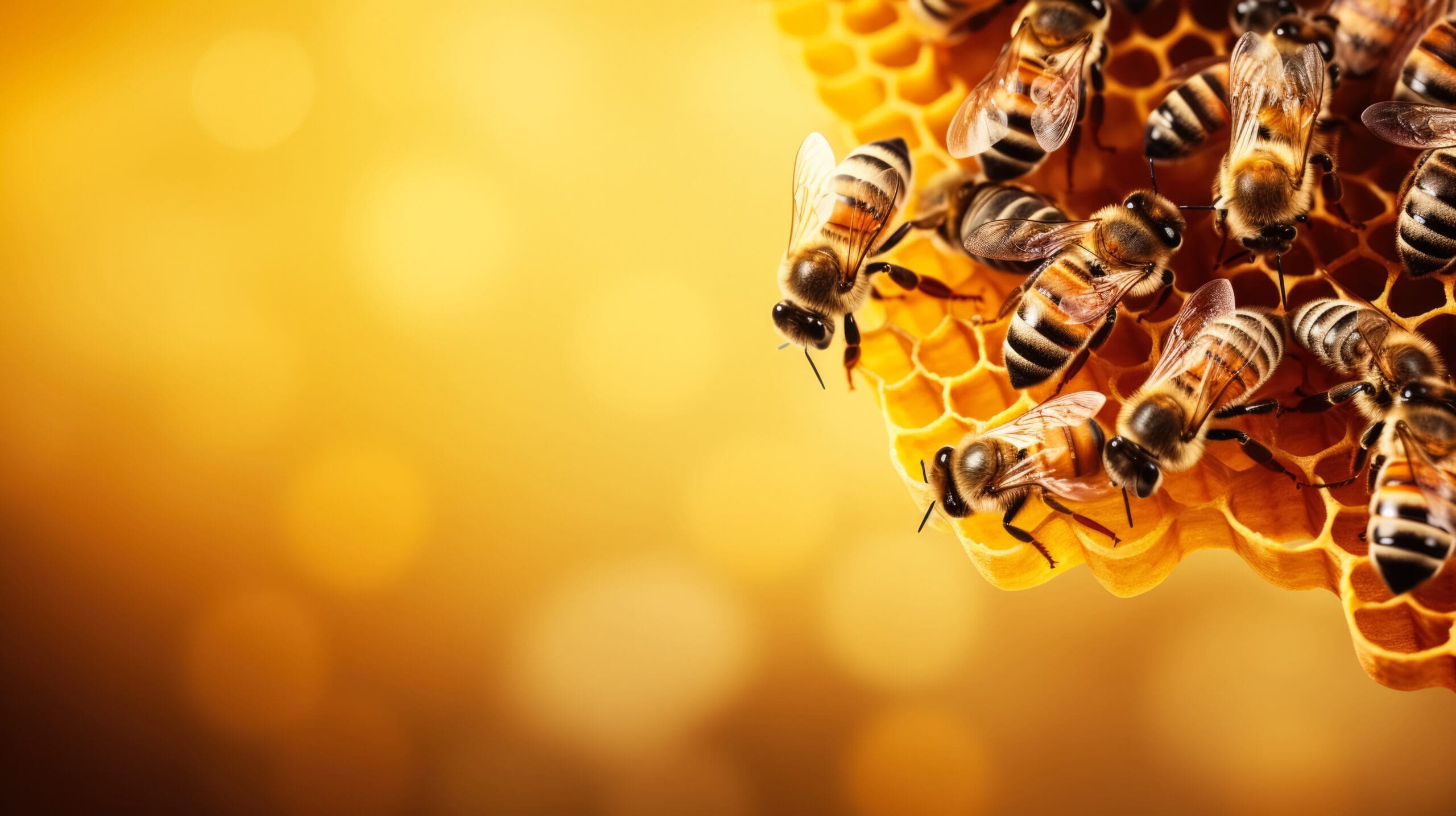
Bees Removal in Chippenham
Expert Bee Removal Services covering Yate, Keynsham, Chippenham, Bath and the Surrounding Areas
At BEEKIND™ Pest Control, our commitment to saving bees and protecting the environment drives everything we do. Our expert team specialises in live bees removal, rescuing bees from properties across Yate, Keynsham, Chippenham, Bath, and the surrounding areas we cover before safely relocating them to our apiary. We recognise their vital role in pollination and the delicate balance of ecosystems. Therefore, we approach this service with the utmost care, ensuring no harm to the bees or your surroundings. By rehoming the bees to our apiary, we provide them with a safe environment to thrive naturally.
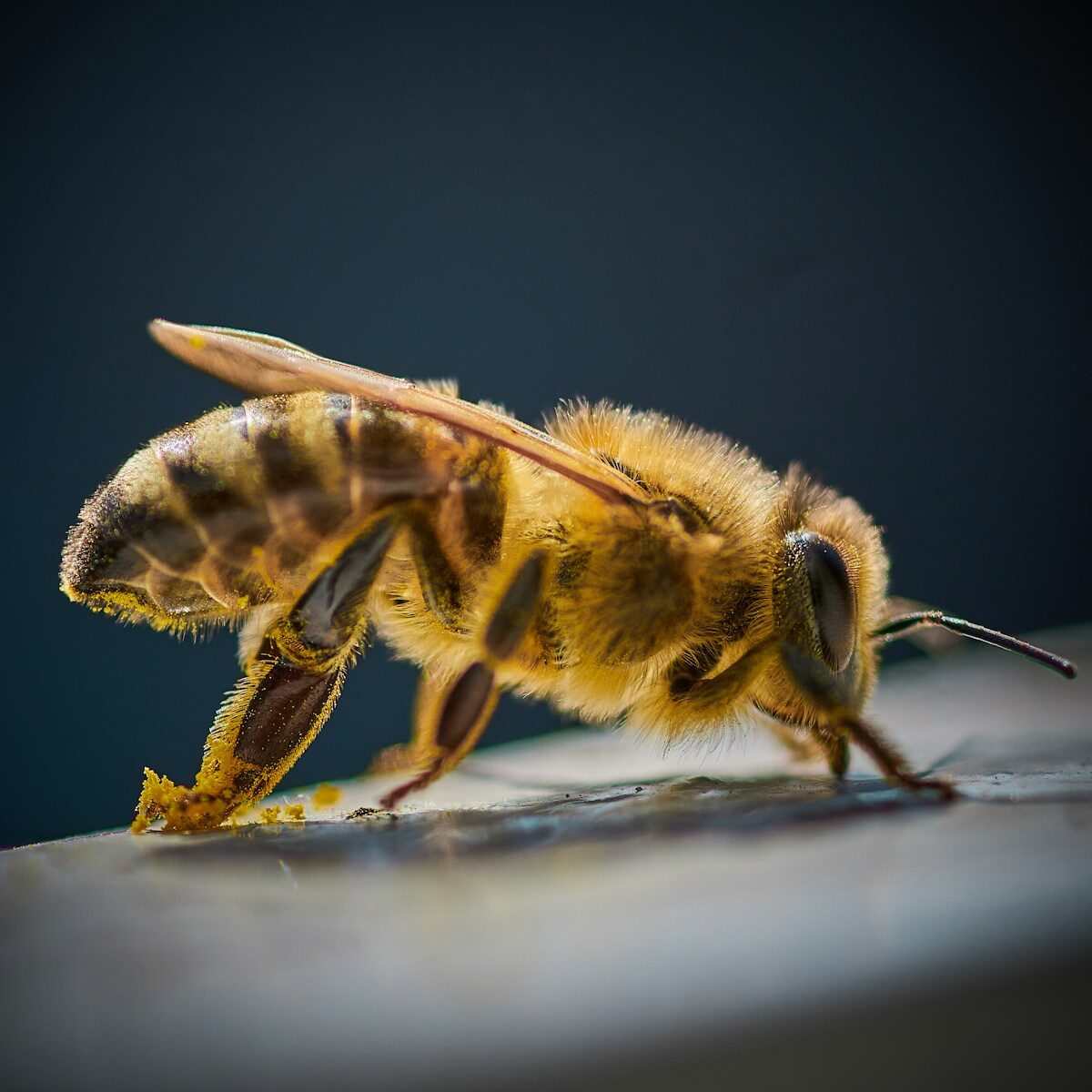
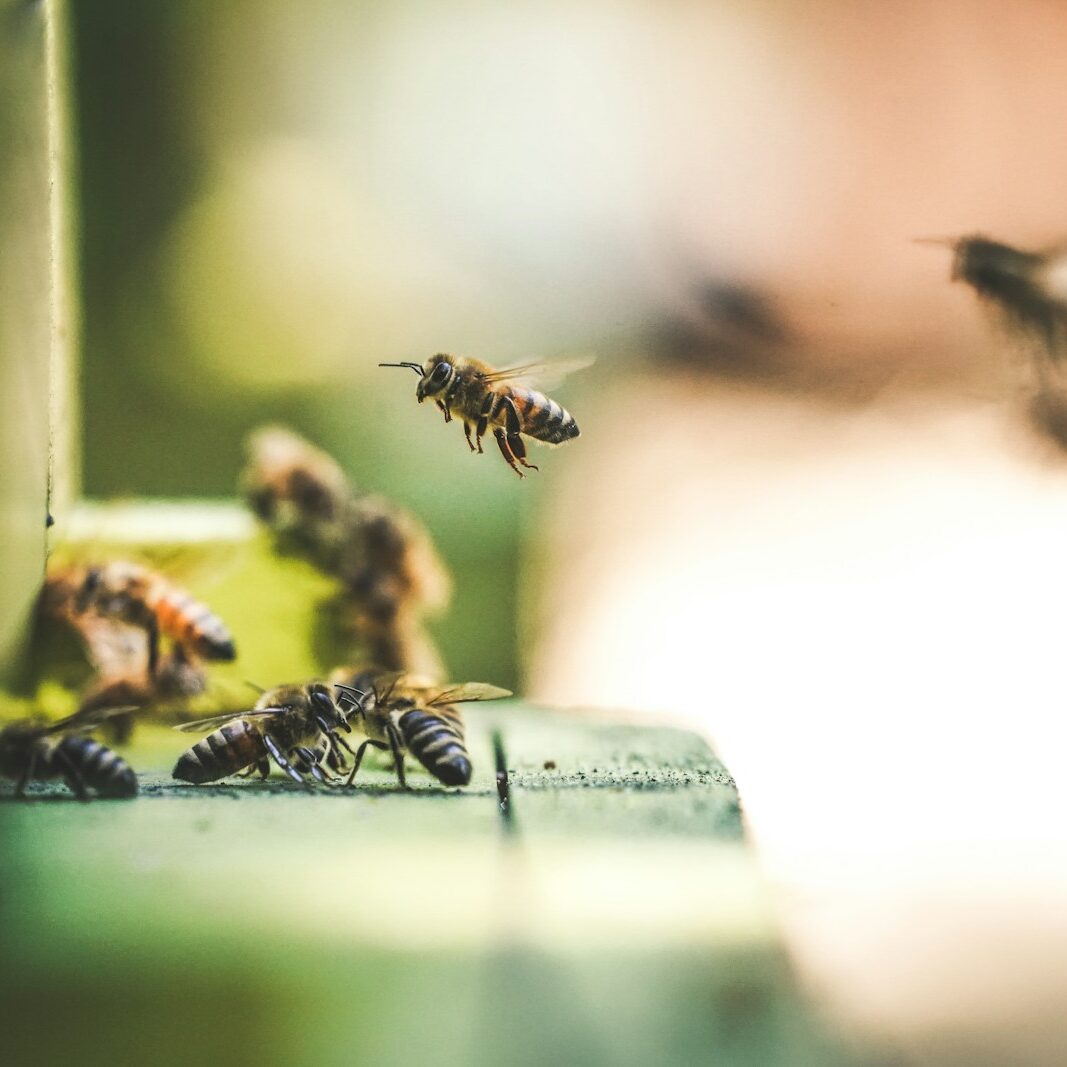
Contact our pest control company today to learn more about our bee removal services, which span from early spring to late autumn. Our social media platforms and website gallery feature videos showcasing our bee nest removals from various locations, such as chimneys, under tiles, behind walls, and other places where bees establish colonies.
Other services offered by BEEKIND™ include bird and insect control, rodent prevention, and woodworm treatments.
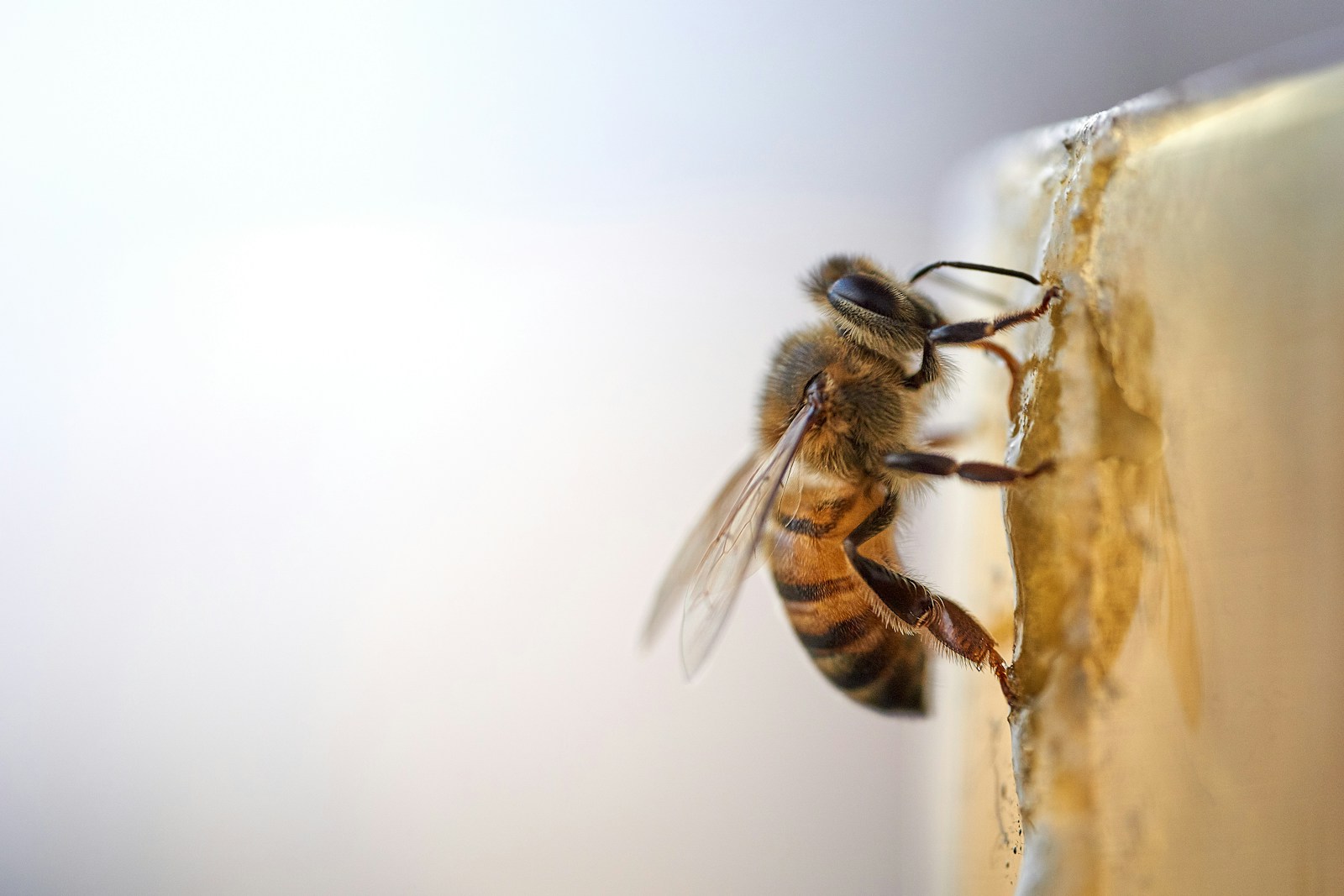
Honeybees – Find Out More
These remarkable creatures are indispensable to our ecosystem, not only for their pollination work but also for their intricate social structures. A worker honeybee’s lifespan is about six weeks, during which she tirelessly collects nectar and pollen, maintains the hive, and supports the queen. The queen bee lays thousands of eggs daily during peak summer. She can live up to four years with the colony diligently caring for her, ensuring her survival as long as she emits a strong pheromone scent and lays eggs effectively.
In winter, the queen pauses egg-laying, and the colony keeps her warm and fed until spring when she resumes laying eggs. A typical winter colony is around 5,000 bees strong, relying on the stored supplies collected throughout the year.
Honeybees can build combs up to a meter deep each year, with a typical colony storing around 50kgs of honey. The combs have different sections for honey, nectar, pollen, and brood (baby bees).
During our bees removal services, locating the queen is critical, as her presence in a temporary hive box encourages the colony to follow. Once secured, she releases her scent, drawing the colony to her. This process allows us to safely transfer the bees to our apiary.
In peak summer, a colony can range from 30,000 to 60,000 bees, and we strive to save as many as possible. We sometimes collaborate with local beekeepers to minimise transit risks and ensure the bees are rehomed promptly. Our pest control company has performed honeybee removals nationwide, and local beekeepers are often eager to assist in the bees’ safety and continuity.
Occasionally, we extract over 100kg of honey and comb from a single site. Instead of letting it go to waste, we offer this pure, live honey to the local community. This honey is vastly different from the synthetic versions commonly found in supermarkets.
If you’re based in any of the areas we cover, e.g., Yate, Keynsham, Chippenham, Bath, or Bristol, and are interested in some of this natural honey, please get in touch with us at BEEKIND™ to arrange a collection.
Bees Removal
FAQs
A bee’s nest can persist for many generations, potentially causing significant structural damage. While DIY methods for removing bee nests are available online, attempting these can severely disrupt the local ecosystem if not done correctly.
It’s best to contact a specialist pest control company for this task. As experts in bees removal, we can safely and efficiently remove bees from your property and rehome them to our apiary or a local beekeeper.
Production starts when flowers produce nectar. Honeybees store this nectar in their stomachs, where enzymes break down the sugars and increase acidity to prevent bacterial growth. The nectar becomes honey at 18% water content, which is then stored in wax chambers.
It takes the entire lifetime of 12 bees to produce just one teaspoon of honey.
A female worker bee rarely stings, using it only as a last resort when cornered or if its nest is threatened. Male drone bees and the queen bee do not have stings. Worker honeybees’ pheromones can sense whether you’re calm or nervous, which may influence their behaviour.
Honeybees stop foraging when plants perish, or temperatures drop too low for flight, relying instead on stored nectar and pollen to sustain the colony through winter. In spring, they eagerly resume their work, ensuring the colony’s survival and growth.
Bees and wasps typically live for around 30 days, varying depending on their role in the colony. In spring, the queen honeybee lays about 100 eggs daily, increasing to around 2,000 during the height of summer, then decreasing back to 100 eggs by late autumn.
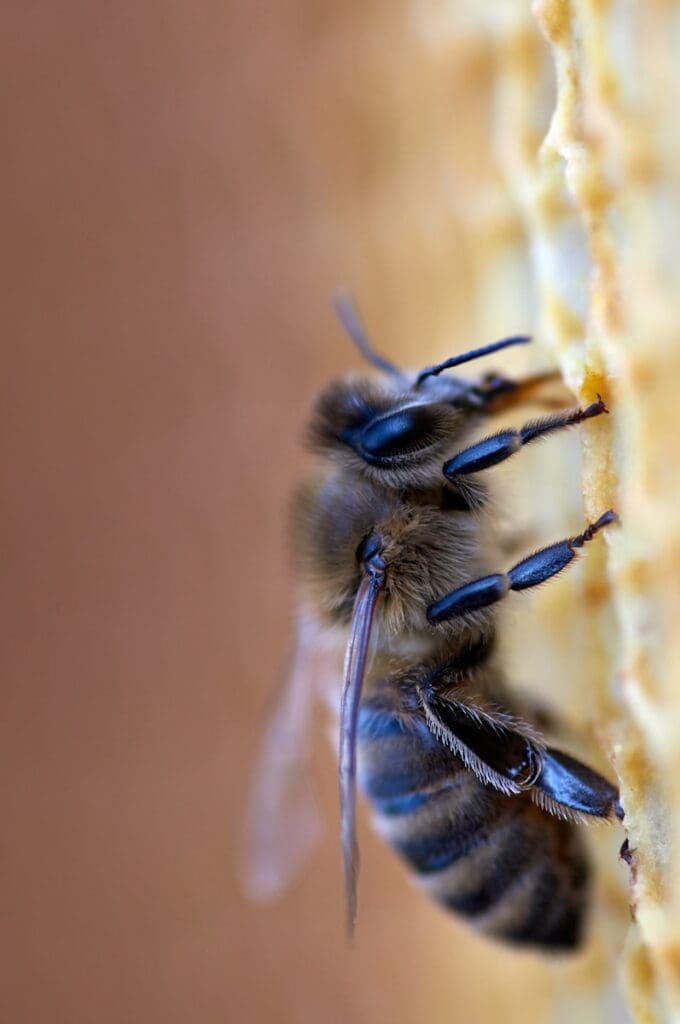
BEEKIND™ Prices and Guarantees
4K Drone Survey
From £95 + VAT (30 mins)
4K Drone Survey
From £195 + VAT (1 hr)
Bumblebees Removal
From £200 + VAT
Residential Honeybee Survey
From £195 + VAT
Commercial Honeybee Survey
From £295 + VAT
Honeybee Swarm Collection
From £200 + VAT
Live Honeybee Removals
From £500 + VAT
Survey costs will be deducted from bee nest removal and reinstatement charges only.
BEEKIND™ Pest Control offers a full project management service for bees removal, from investigation and removal to reinstatement and proofing. This is also accompanied by a five-year guarantee.
Call our pest control company on 01225 285825 or 0117 290 0585 for bees removal services in Yate, Keynsham, Chippenham, Bath and the surrounding areas.
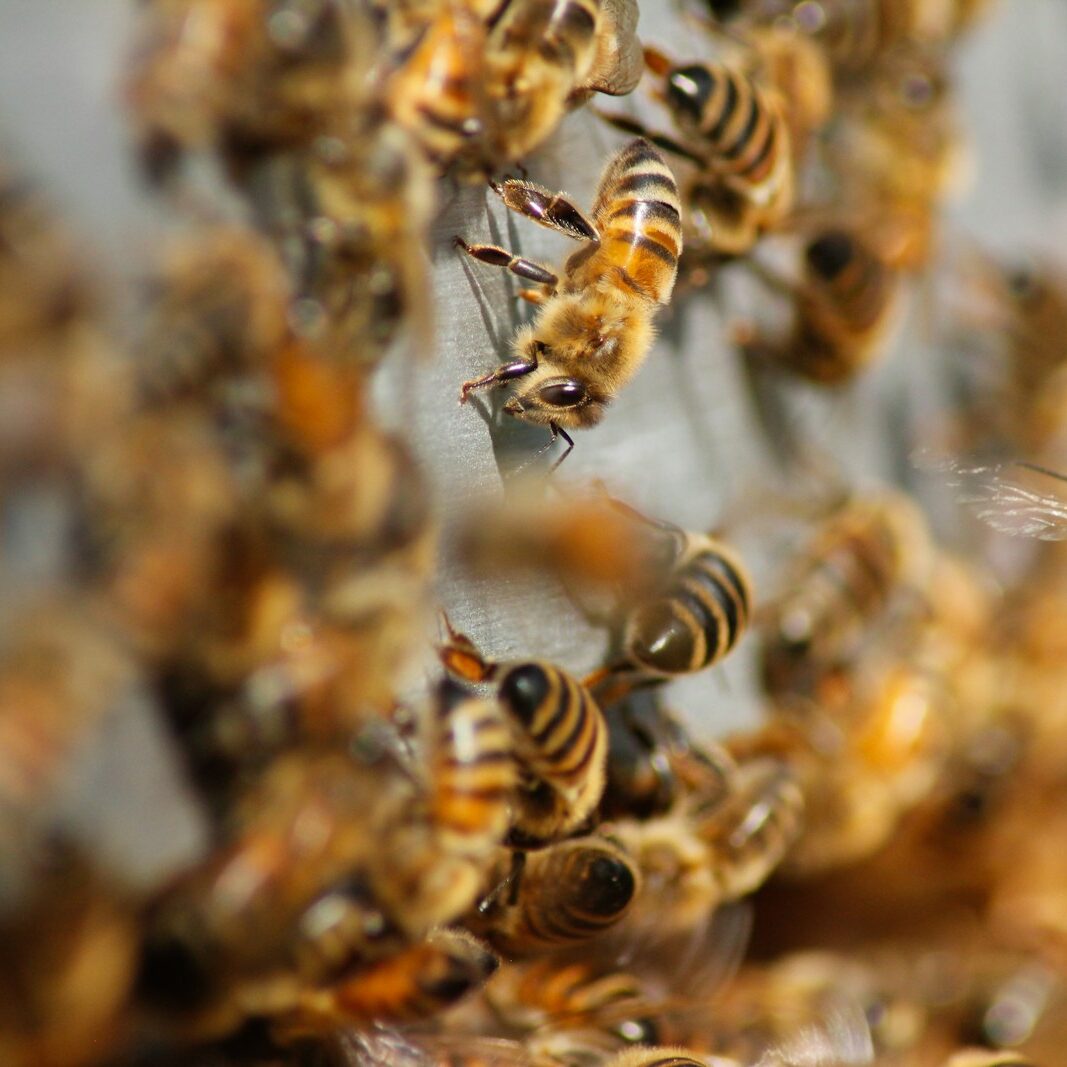
Get in touch
01225 285825
info@beekindpestcontrol.co.uk
11 Greenacres, Upper Weston, Bath, Somerset, BA1 4NR
